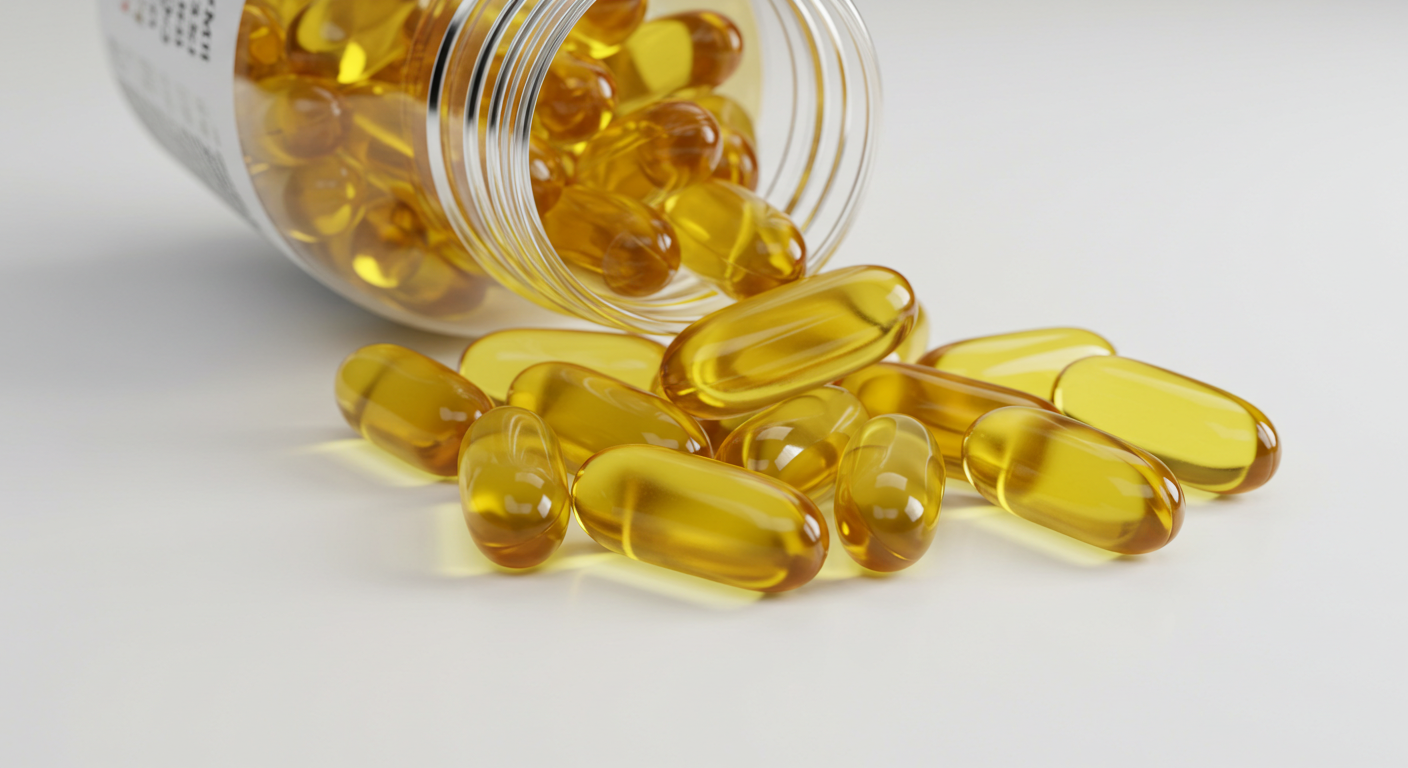High-Dose Vitamin D Boluses in Preschoolers with Asthma: Safe but Not Sufficient
Dr. Kumar’s Take:
This small but detailed trial found that giving two large doses of vitamin D (100,000 IU) to preschoolers with asthma in the fall and winter raised their blood vitamin D levels quickly—but the effect didn’t last. After about 3.5 months, most kids’ levels dropped back down, meaning the boluses weren’t enough to keep levels optimal through the entire season. For sustained vitamin D sufficiency, a daily supplement is likely needed along with these boluses. On the upside, the study showed this high dose was safe, even in young children.












